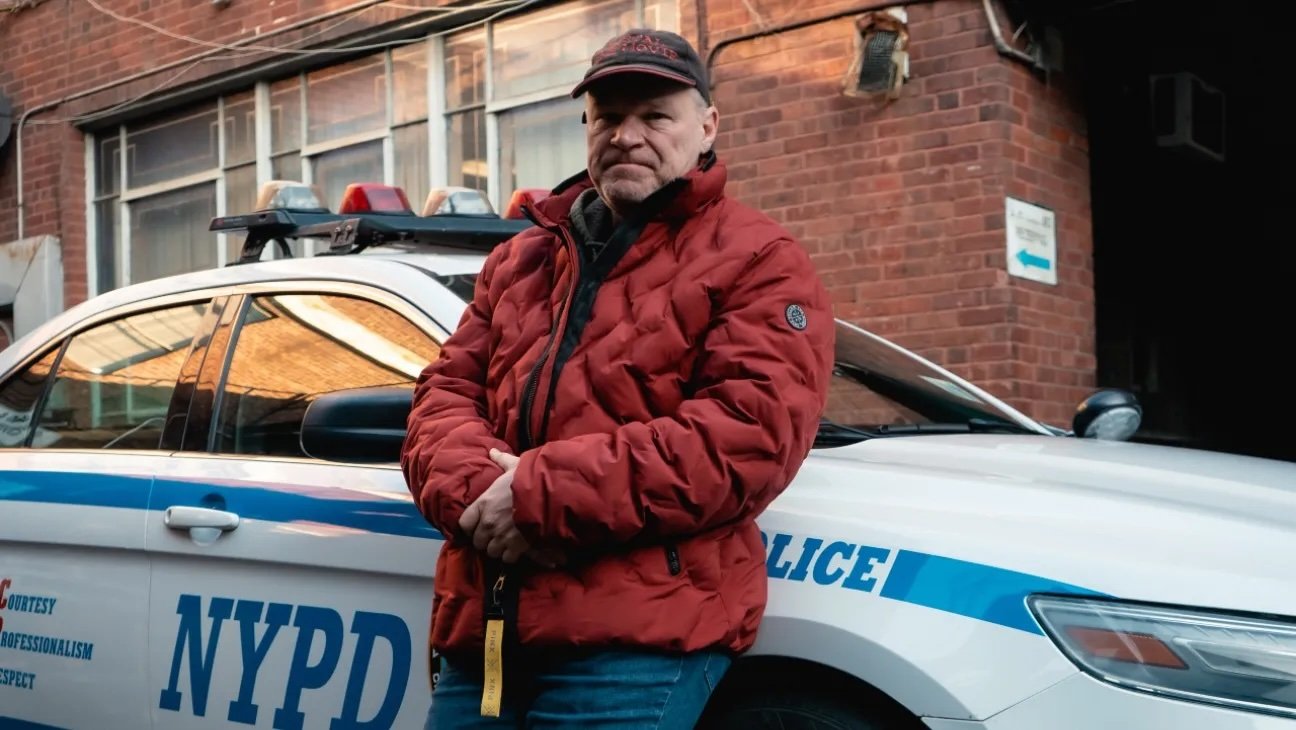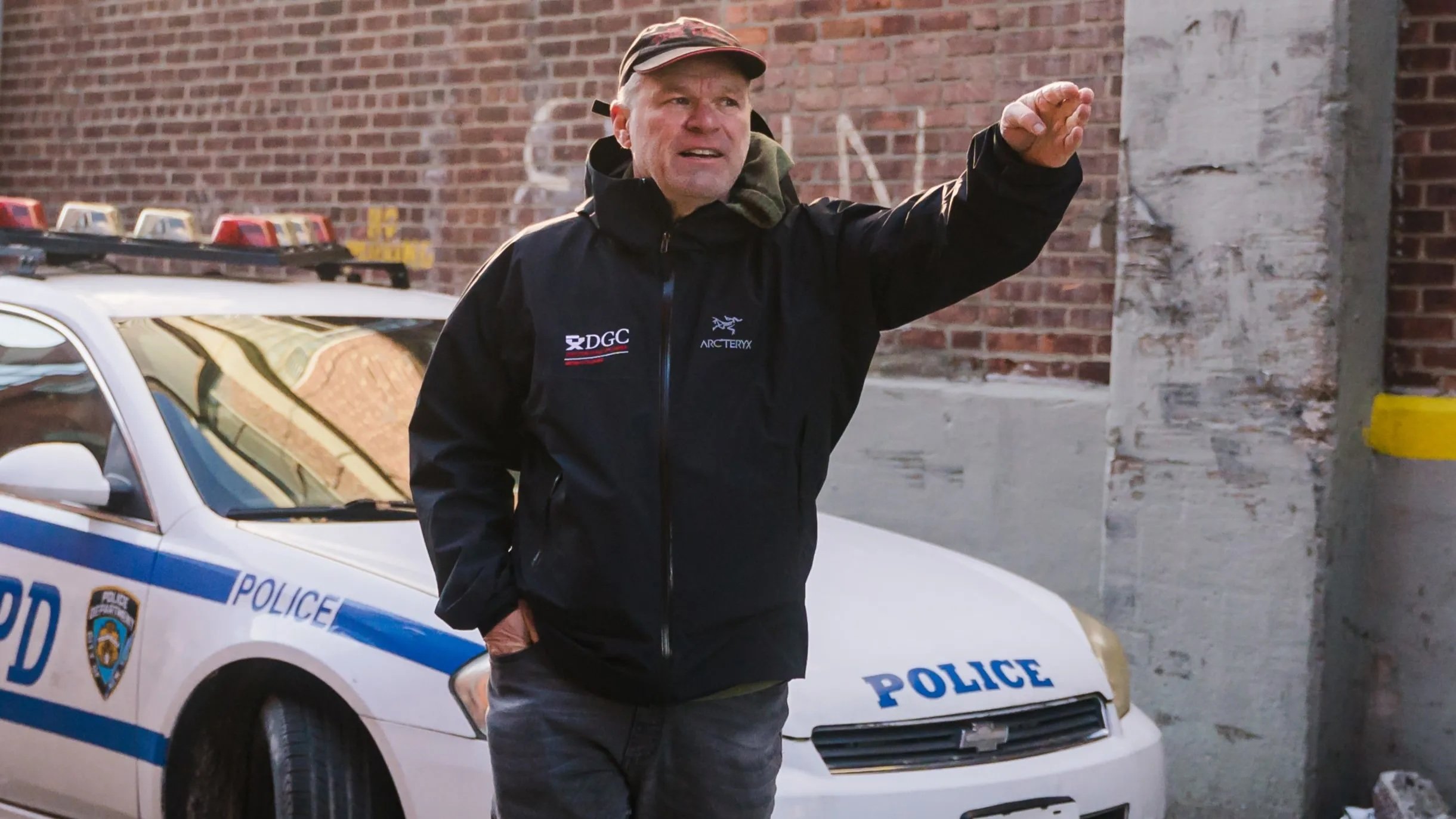Say what you will about Uwe Boll, but you can’t say he doesn’t have guts. Whether he’s igniting controversy with politically charged genre films (Rampage), swinging wild with video game adaptations (Postal, In the Name of the King), or—let’s not forget—beating the absolute shit out of a group of film critics in a boxing ring, Boll has never played by the rules. That “against the grain” spirit has earned him no shortage of scorn, but for me, it’s the very thing that makes him worth respecting.
I’ll be honest: I’m not a massive fan of his filmography. I don’t revisit his movies often, and I’ve had my fair share of eye-rolls over some of his work. But as a figure? As a provocateur in a largely sanitized industry? I’m a massive fan of Uwe Boll.
Which is why I was so intrigued by First Shift—Boll’s return to feature filmmaking and a project that’s notably more grounded, more human, and (dare I say) more accessible than much of his earlier output.
Set for a UK digital release on May 19 via Plaion Pictures, First Shift pairs Gino Anthony Pesi (Daredevil: Born Again) with Kristen Renton (Sons of Anarchy) as mismatched New York cops—one a jaded, old-school detective (Deo), the other a social media–savvy rookie (Angie). The entire film plays out over a single day, with the two navigating a gauntlet of criminal chaos, personal friction, and the occasional offbeat detour (including rescuing a dog whose owner has a medical emergency).
It’s the kind of genre setup we’ve seen before—a classic buddy-cop oil-and-water formula—but filtered through Boll’s grizzled worldview and resistance to modern conventions. Deo is a boomer curmudgeon with no patience for “new-fangled ways,” and Angie’s TikTok-era optimism is a constant thorn in his side. Their back-and-forth isn’t just comic relief; it’s generational warfare, squeezed into a patrol car.
But it’s not all hard edges and gunplay. The film finds surprisingly tender moments in its pacing and side plots. The dog rescue scene is a perfect example—unexpected, slightly absurd, and totally heartfelt. It’s Boll playing with tone in a way that feels less like provocation and more like balance.
There’s an argument to be made that First Shift is Boll’s most mainstream effort in years. It’s tightly paced (89 minutes), competently performed, and doesn’t court controversy in the way some of his earlier titles did. But there’s still that unmistakable Boll fingerprint—his refusal to sand down characters for likability, his clear disdain for modern pretensions, and his unapologetic bluntness when it comes to generational politics.
And maybe that’s why I like this version of Boll even more. He’s still working outside the system, still giving the finger to expectations, but now doing it with just enough restraint to make you lean in instead of look away.
Plaion Pictures, the distributor behind the film, is betting on this accessible-yet-edgy energy. Known for handling everything from Oscar winners (The Whale, Decision to Leave) to international art house titles, Plaion’s involvement suggests there’s a real effort to position First Shift not just as a comeback, but a pivot.
Look, I get why people dunk on Uwe Boll. He’s made some undeniably messy films. He’s ranted, raved, and—in some cases—boxed his way into infamy. But for all that chaos, there’s a conviction in everything he does that I can’t help but admire.
First Shift may not win over all his detractors. It’s still rough around the edges, still full of gruff posturing and cinematic shortcuts. But it’s also a tighter, more focused, and more emotionally sincere piece of work than many are expecting. And for longtime Boll watchers like me—fans of the man, if not always the movies—it’s more than enough reason to keep watching.
Because if there’s one thing you can count on, it’s that Uwe Boll won’t go quietly. And thank God for that.
Jessie Hobson





